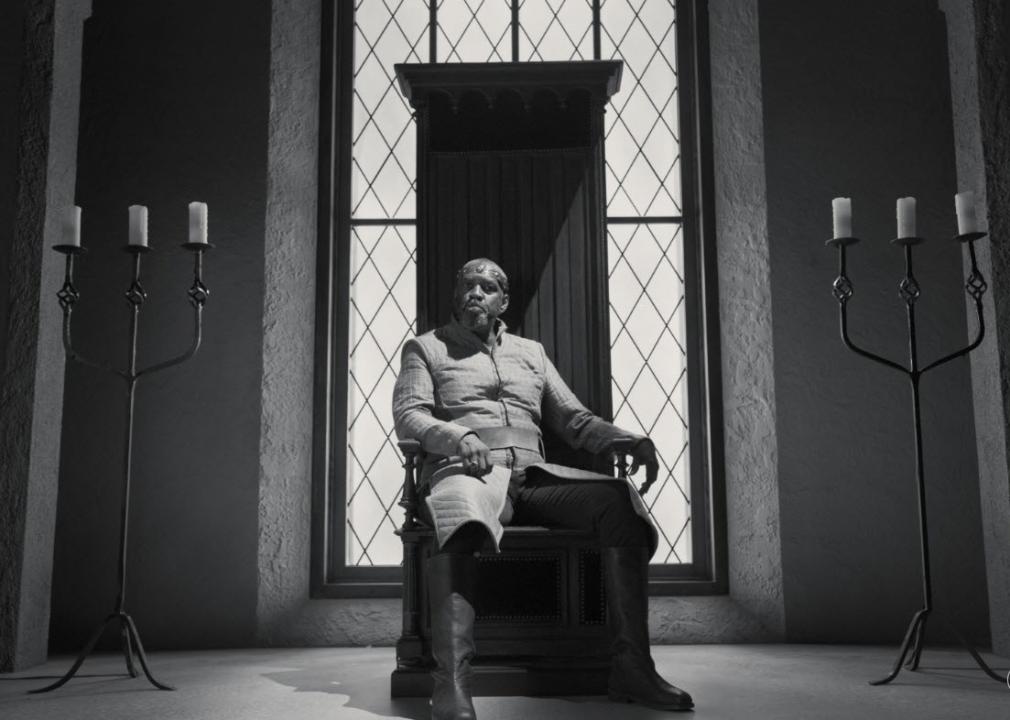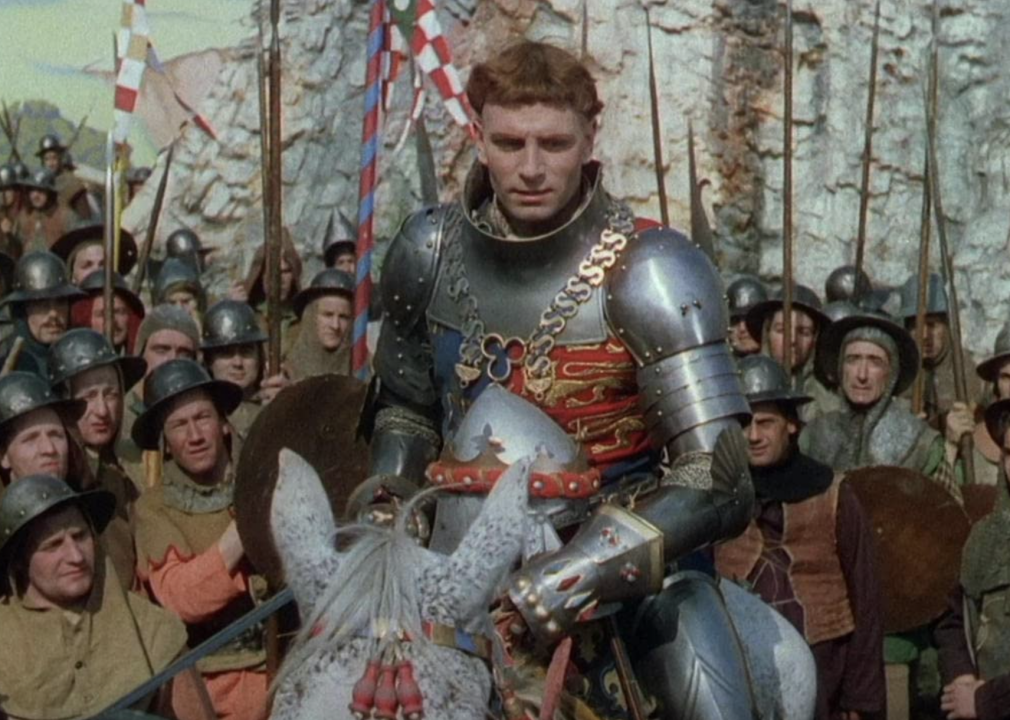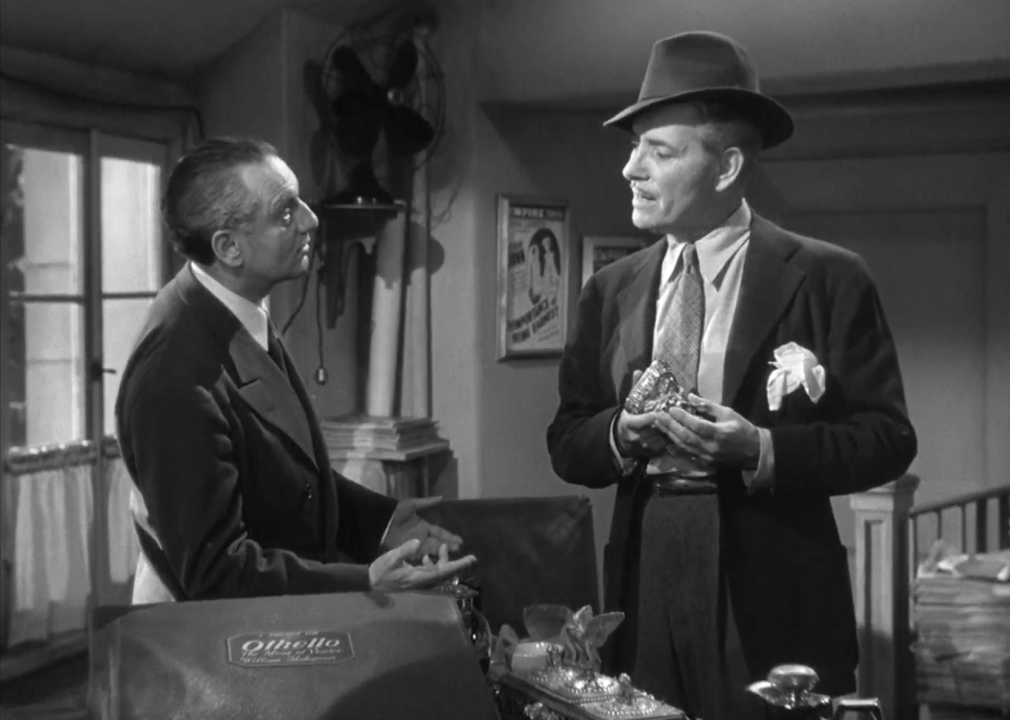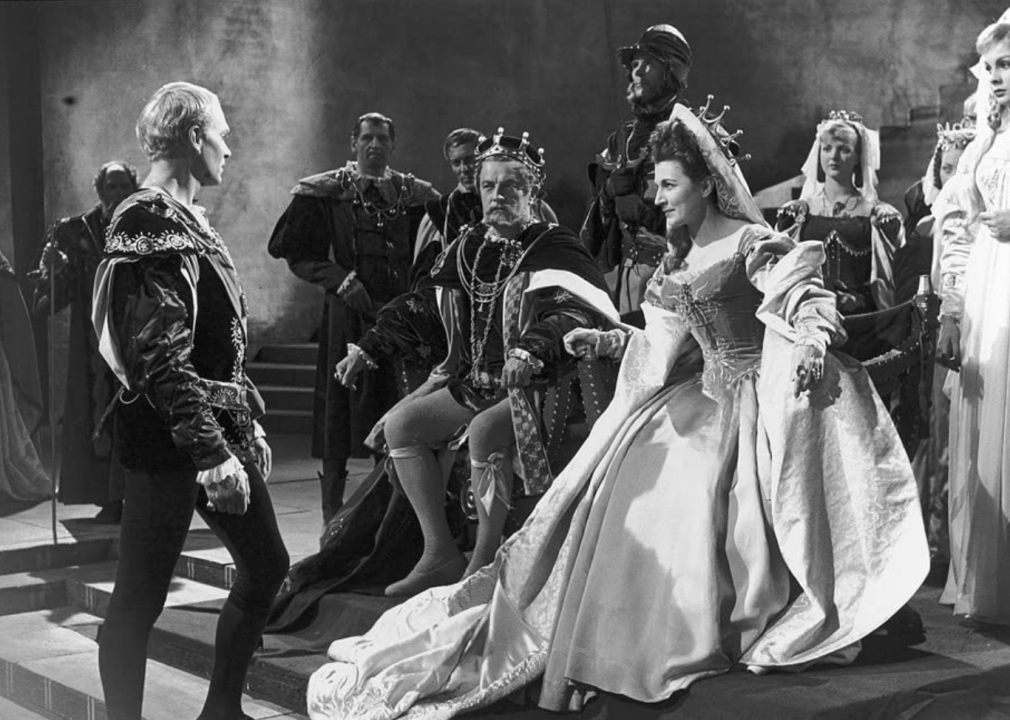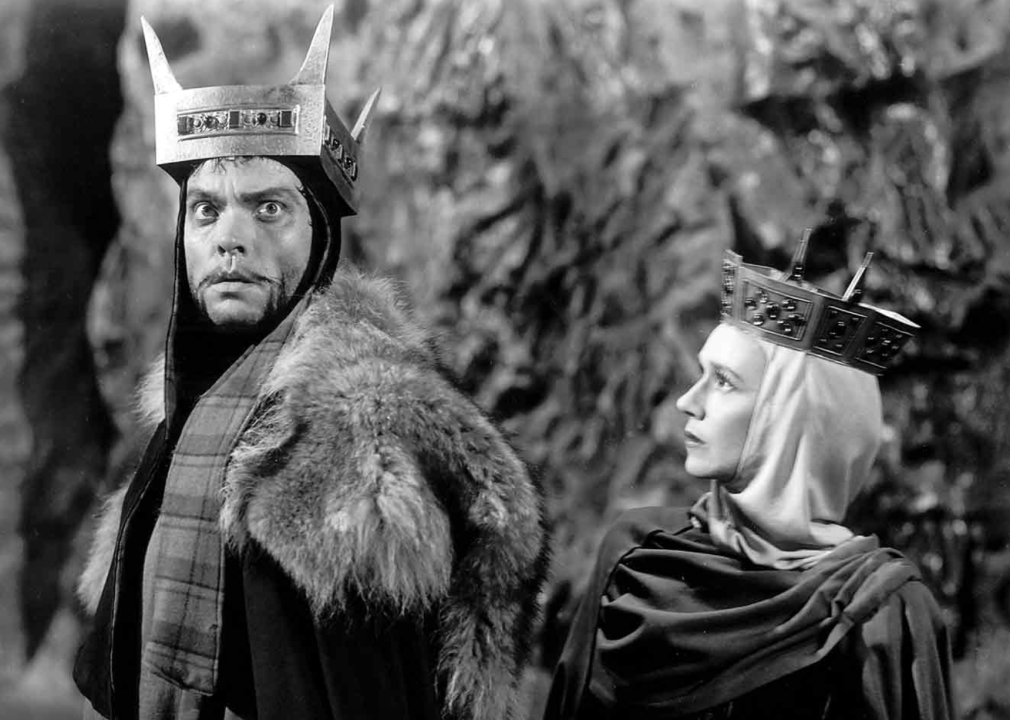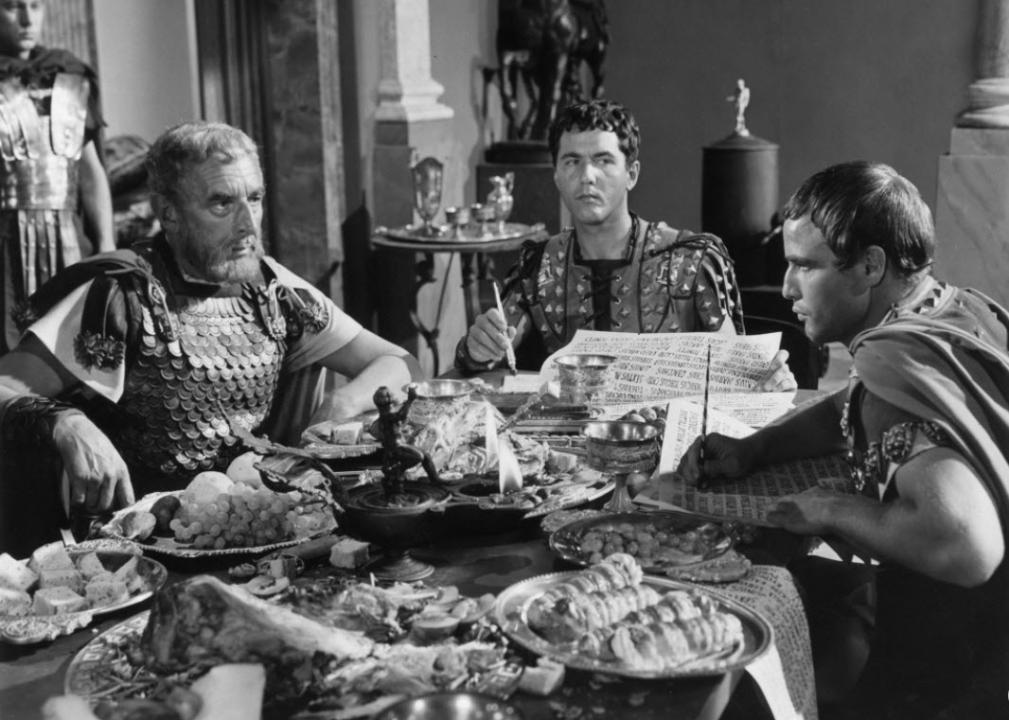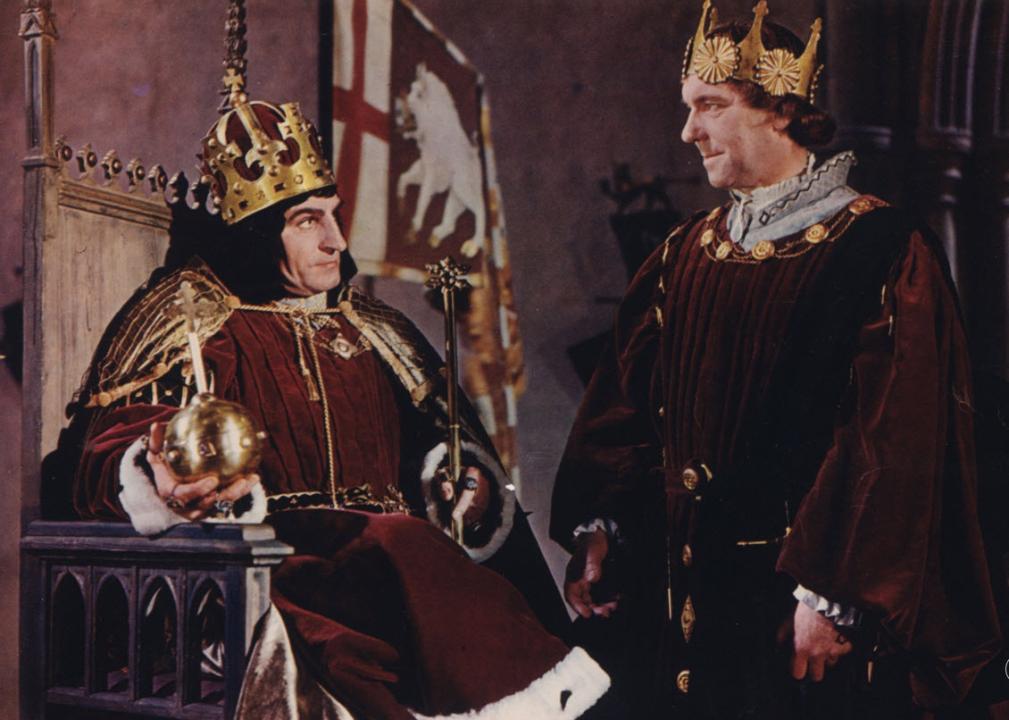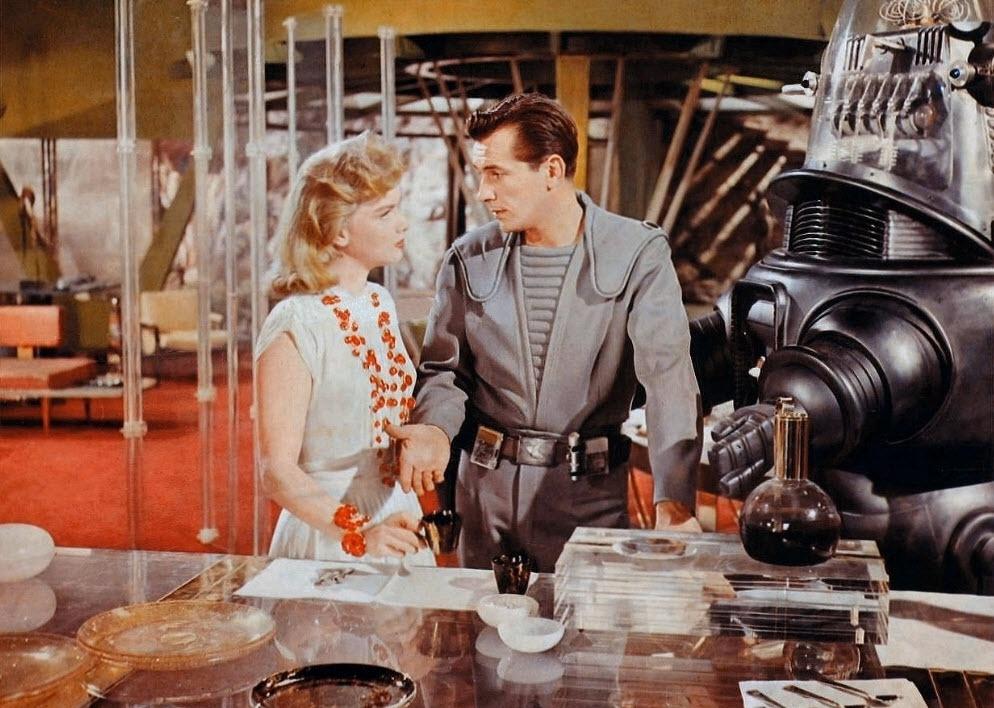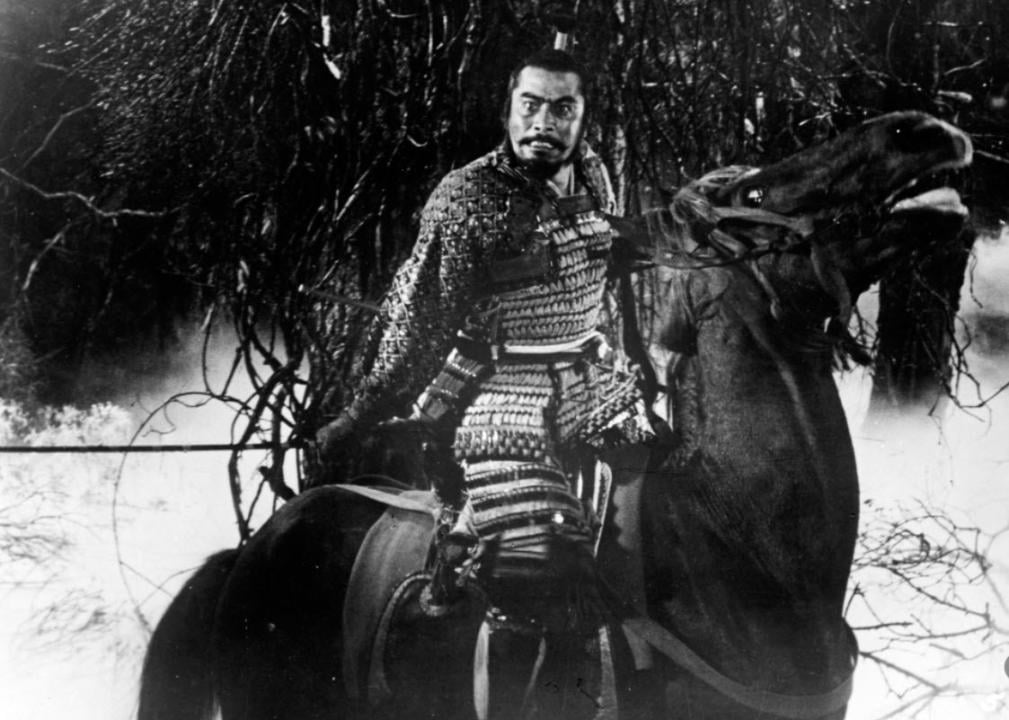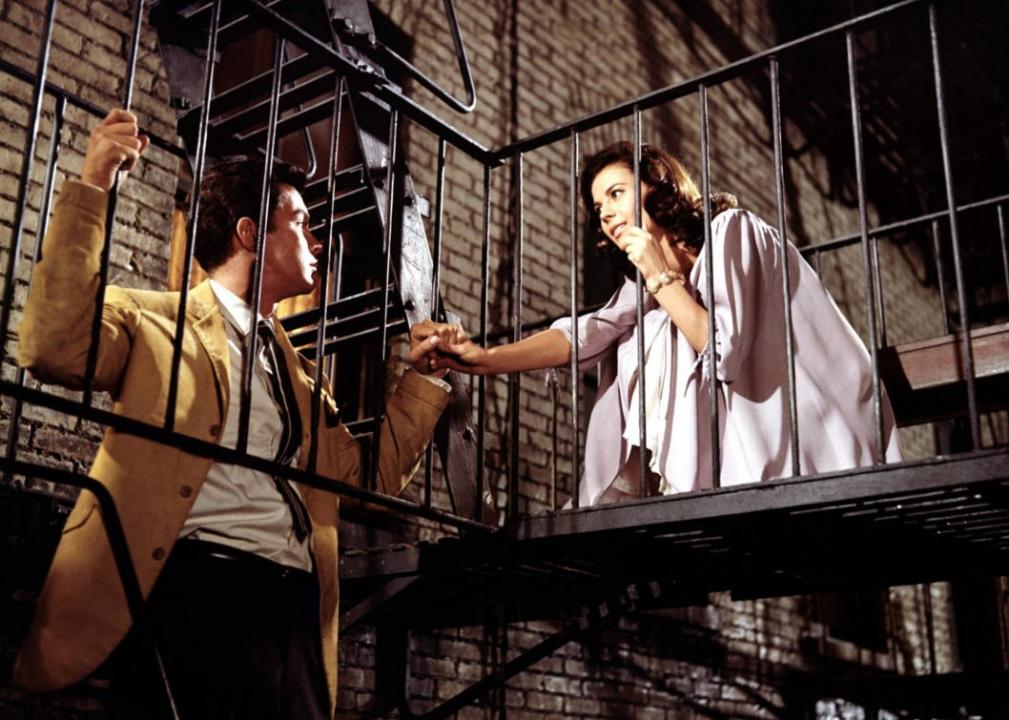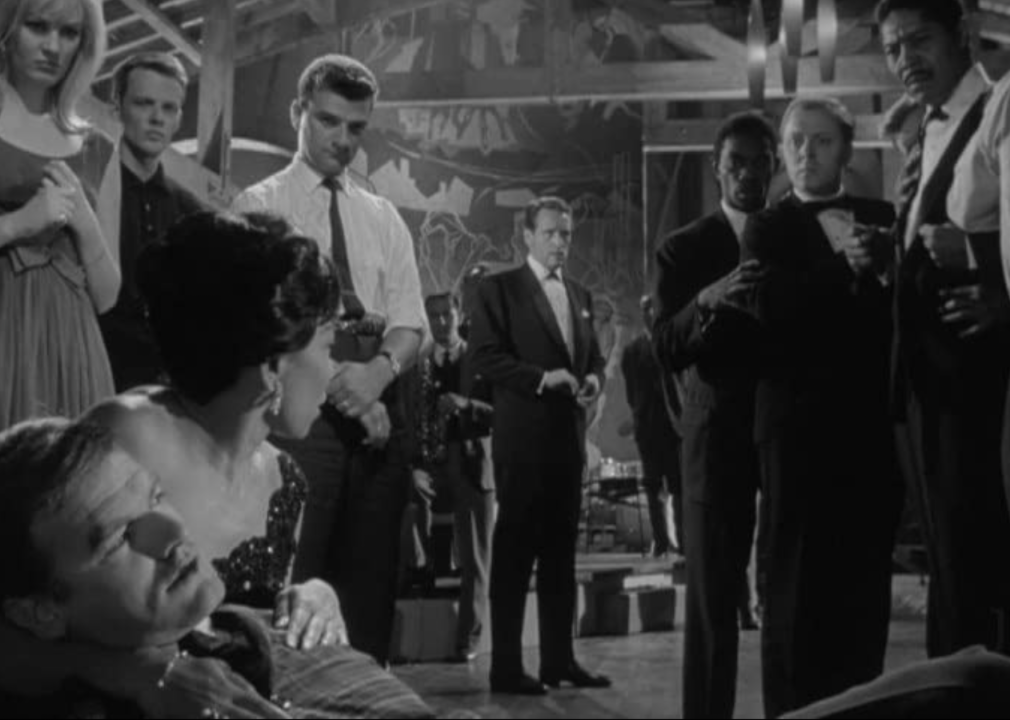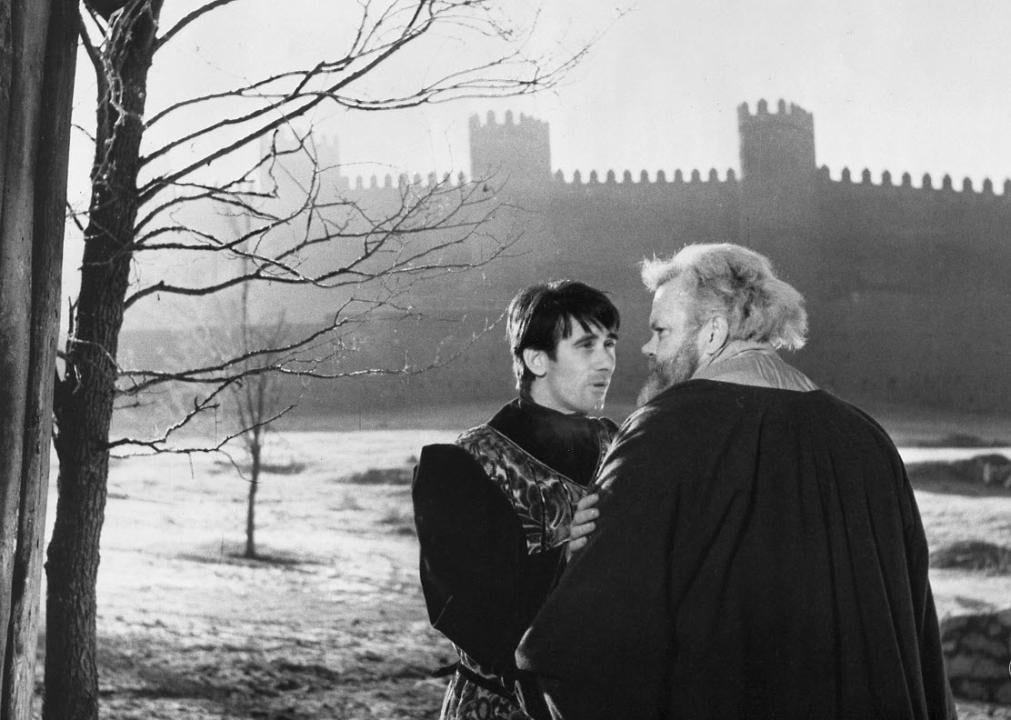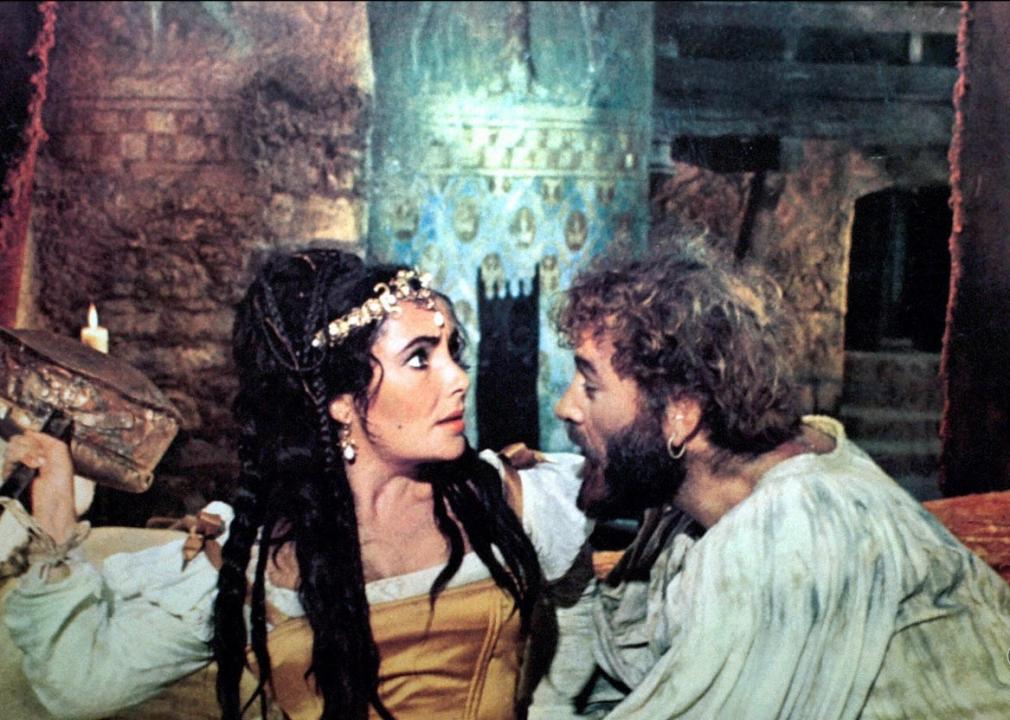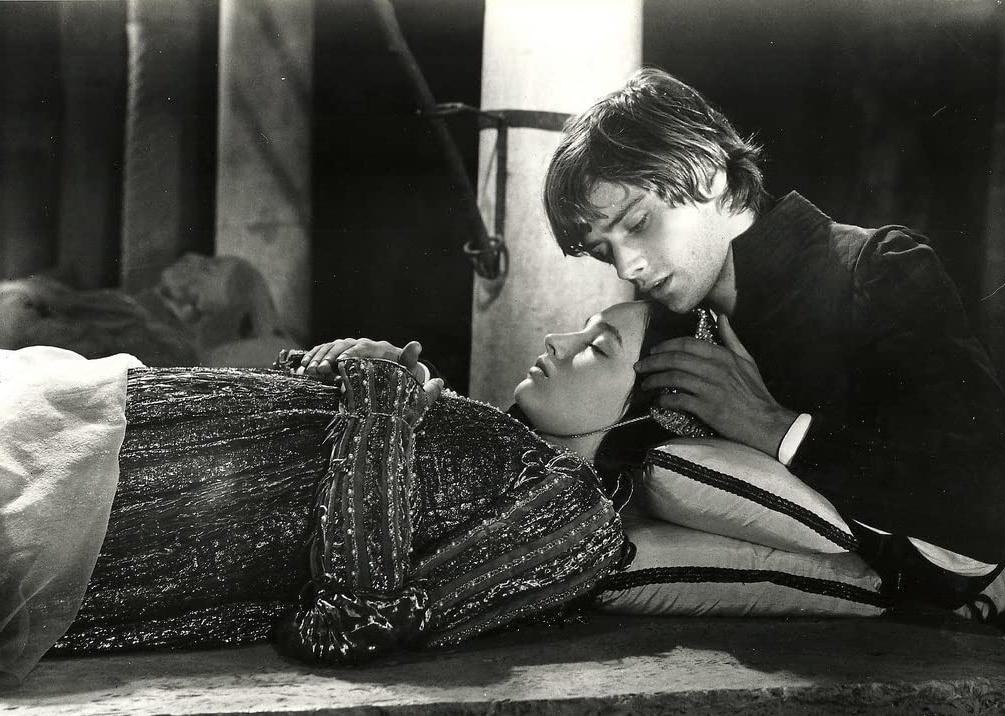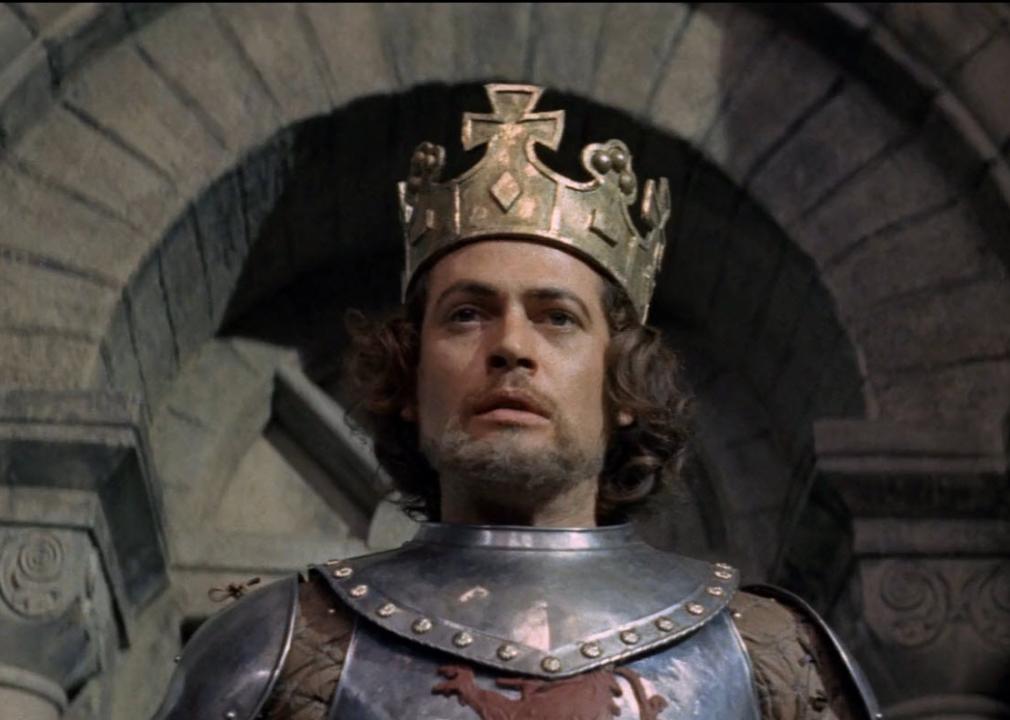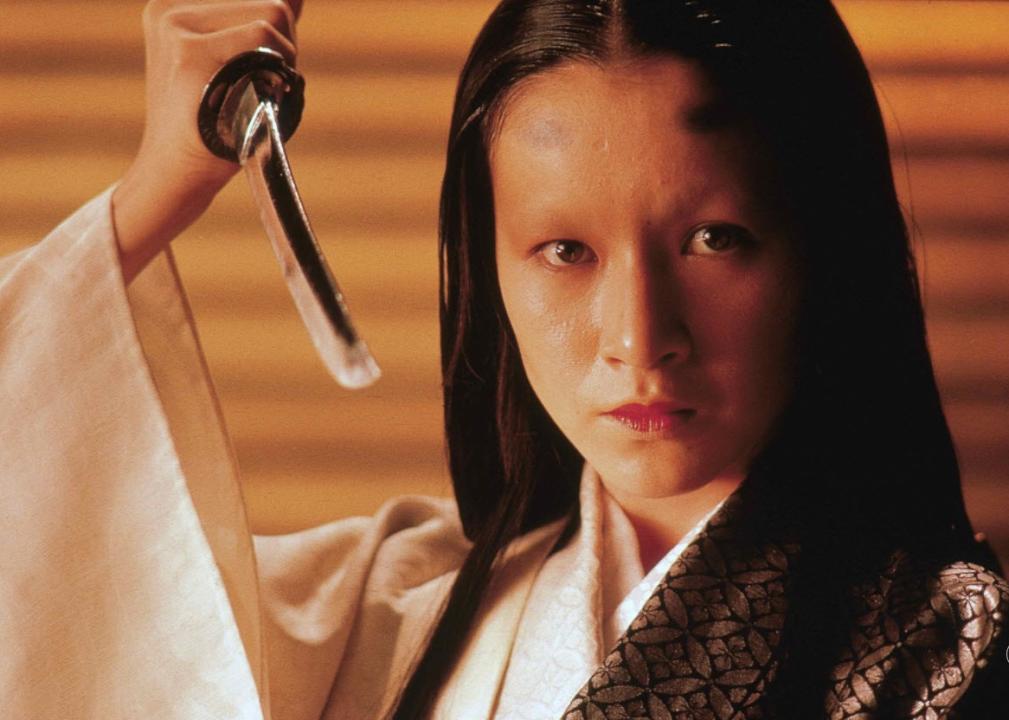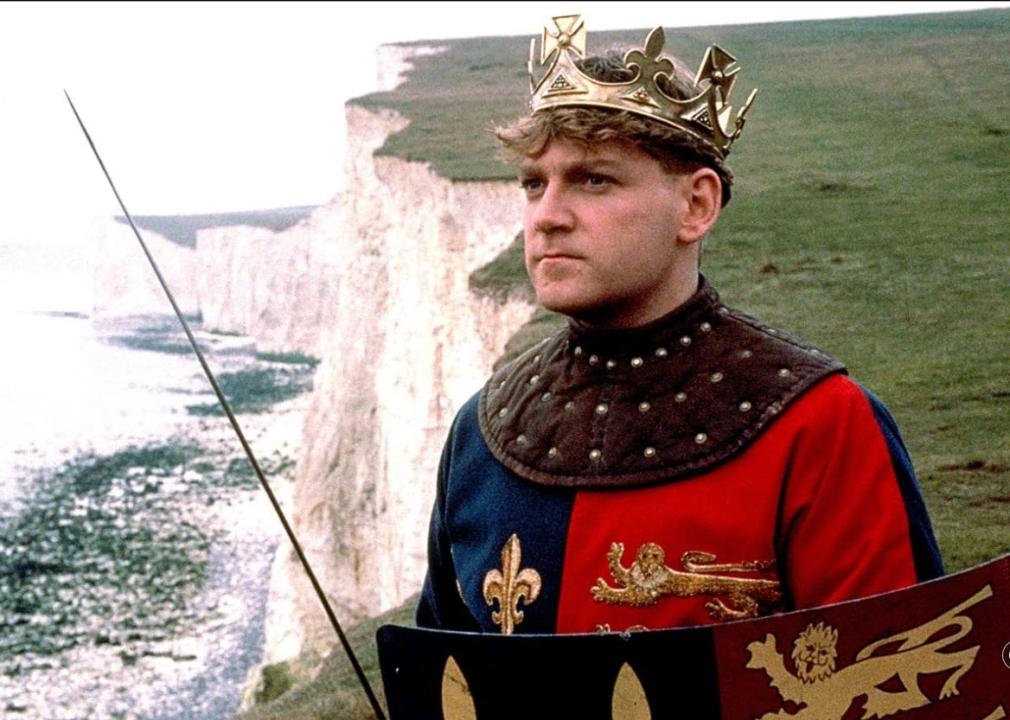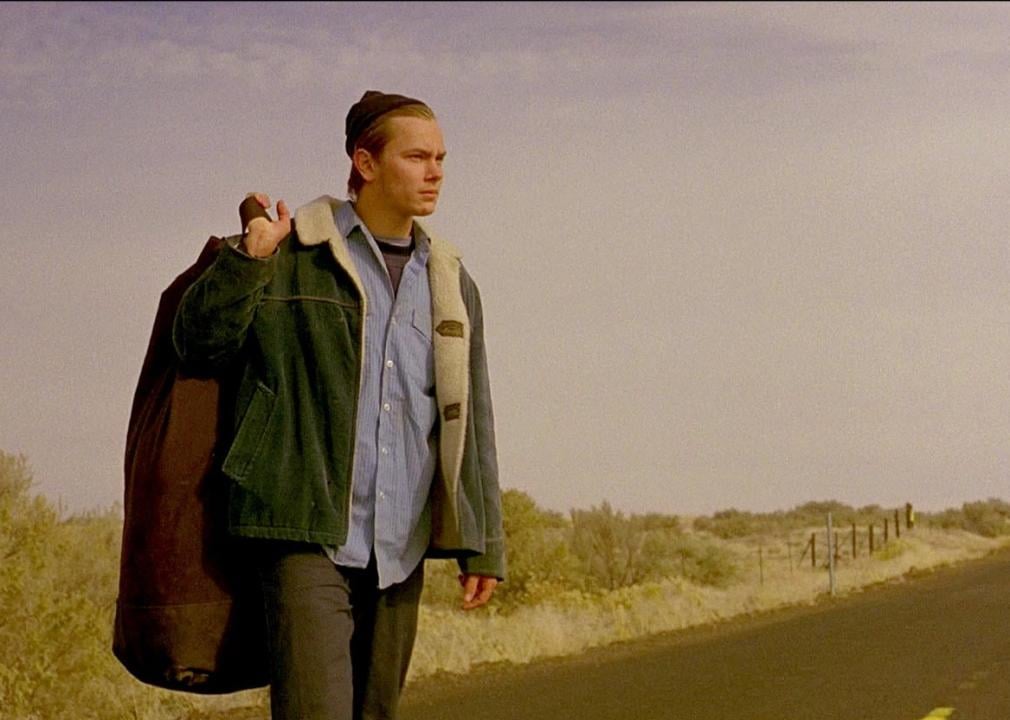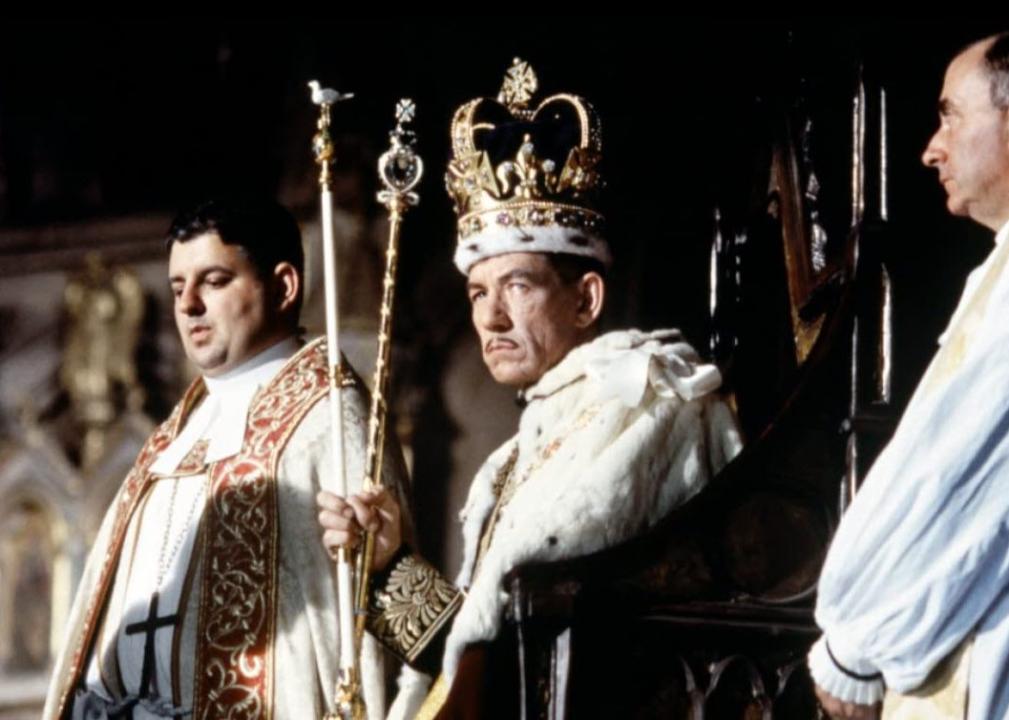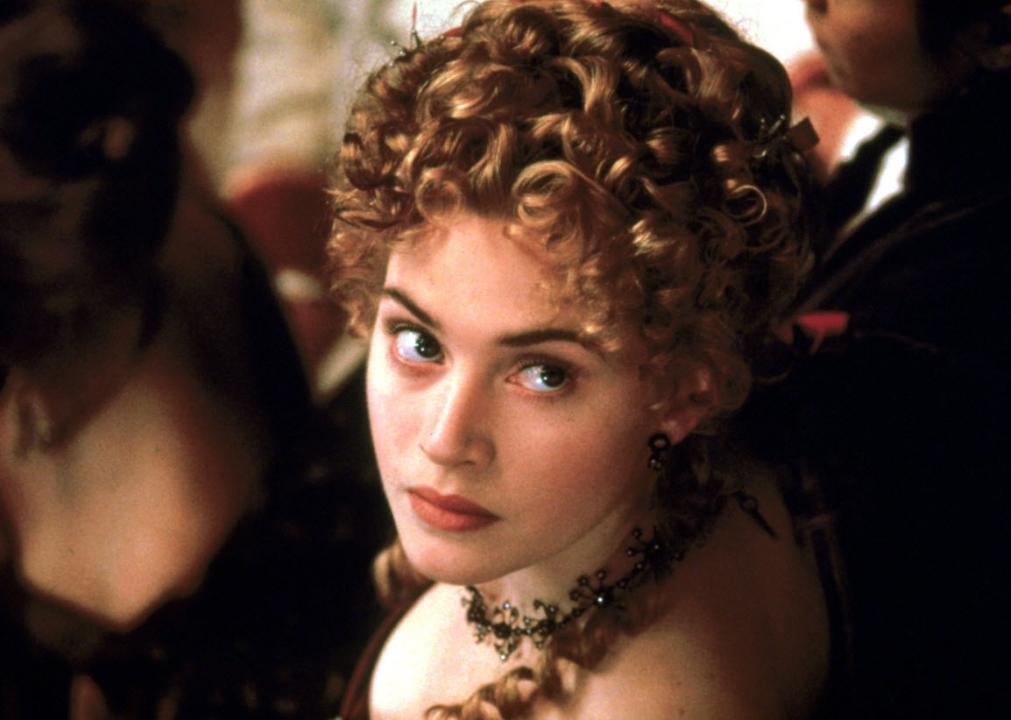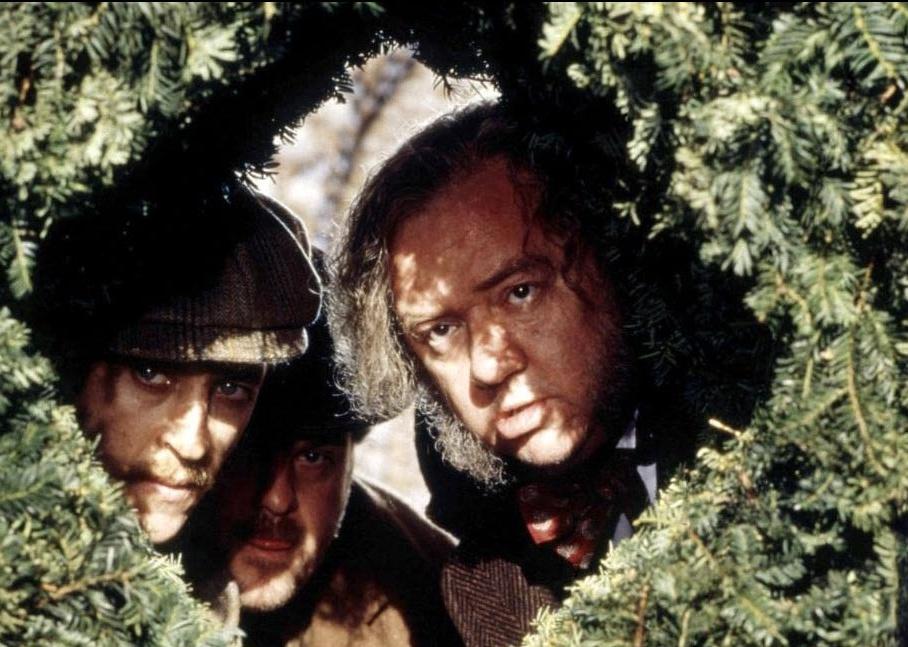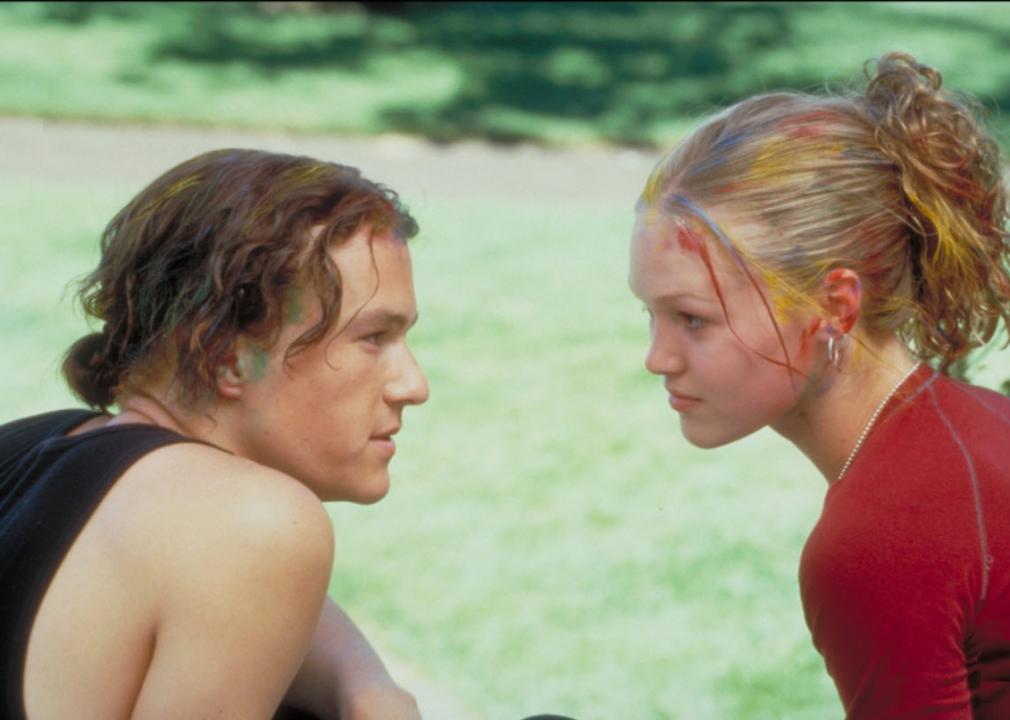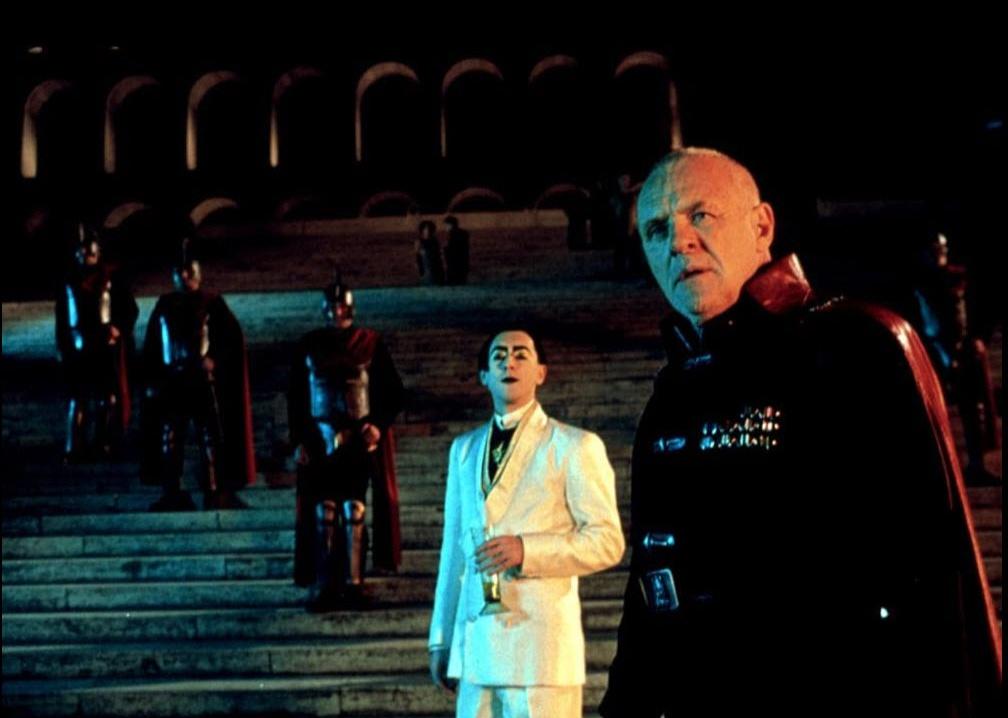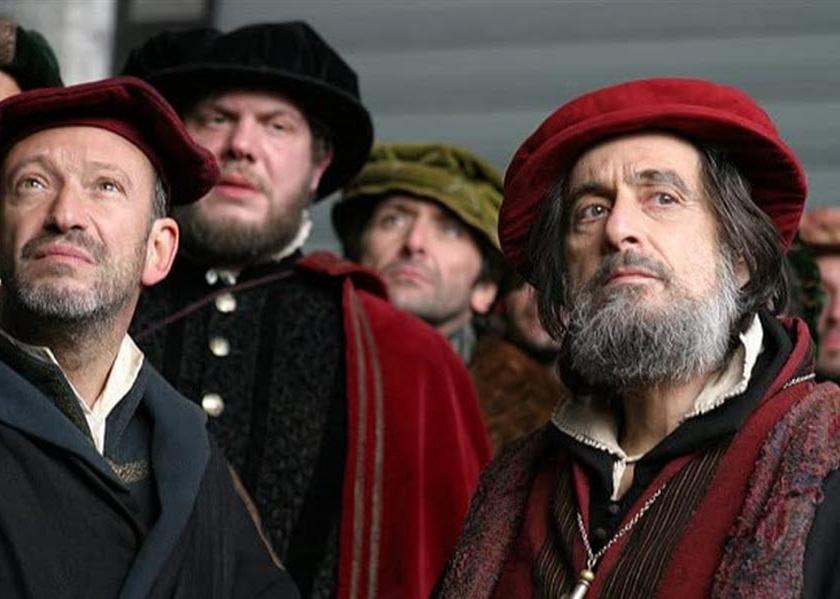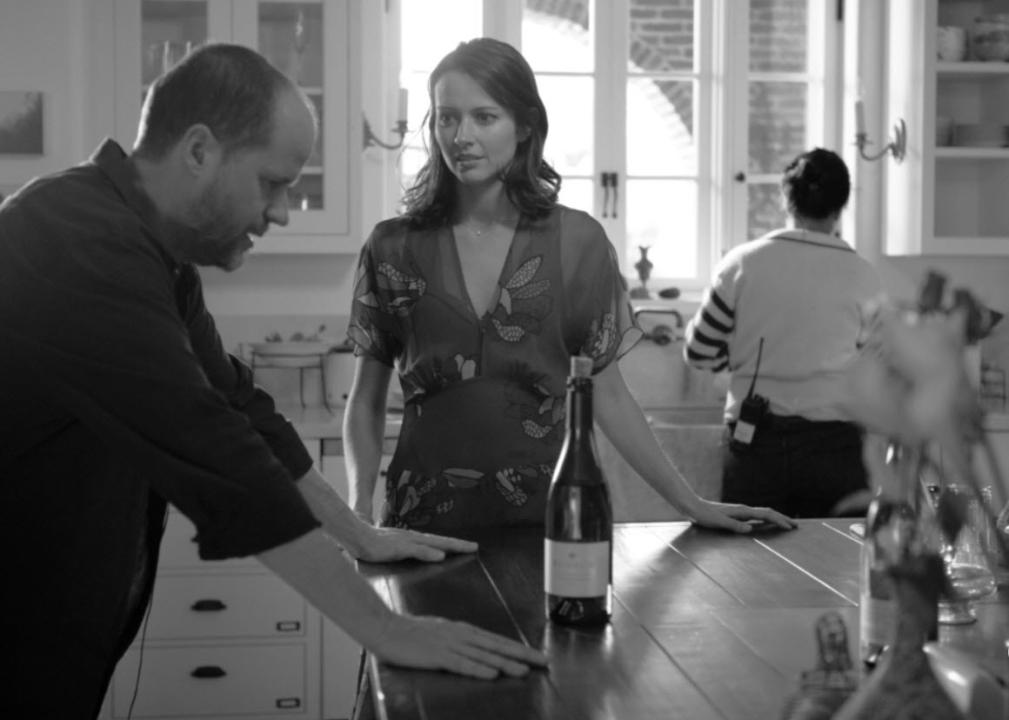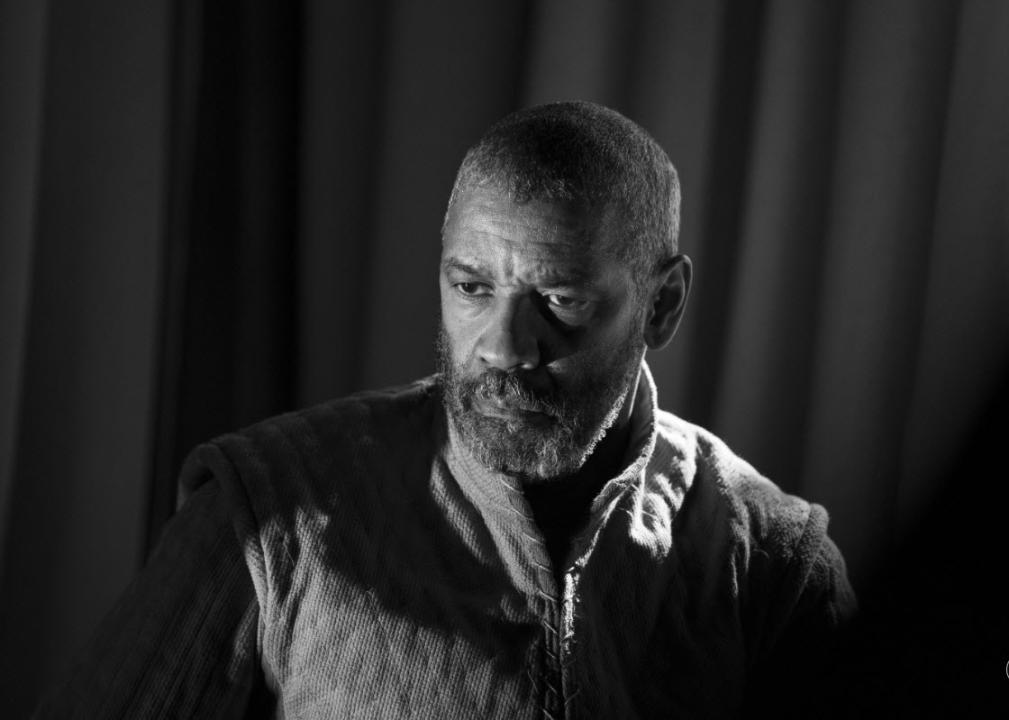25 of the best Shakespeare film adaptations
Published 9:30 pm Monday, April 18, 2022
A24
25 of the best Shakespeare film adaptations
Shakespeare is widely acknowledged as one of the greatest English language writers of all time. His beautiful language, portrayals of human nature, and mastery of writing dirty jokes have all landed him an iconic place in the literary canon. It seems a natural consequence, then, that artists should want to translate Shakespeare’s works into other mediums, including artwork, novelizations, and a seemingly infinite number of screen adaptations.
But which of these adaptations is the most successful at bringing Shakespeare’s genius to a broader audience? How can movies compare to the Bard’s original texts themselves? In honor of the anniversary of Shakespeare’s death on April 23, 1616, Stacker sought to answer these questions by compiling the 25 best Shakespeare film adaptations. Films were pulled from Shakespeare’s writing credits on IMDb, filtered into only full-length movie adaptations (not filmed stage productions). Films had to have at least 1,000 votes and a 7.0 IMDb user rating to be considered. Data is updated as of April 2022.
From a contemporary adaptation that garnered Denzel Washington an Academy Award nomination to a ’60s picture that wasn’t available for at-home viewing for almost 50 years, read on to see which Shakespeare movie adaptations made the cut.
You may also like: Can you answer these real ‘Jeopardy!’ questions about movies?
![]()
Two Cities Films
Henry V (1944)
– Director: Laurence Olivier
– IMDb user rating: 7.0
– Metascore: data not available
– Runtime: 137 minutes
“Henry V” is often considered a great patriotic story for Britain as it chronicles the nation’s victory over France at the Battle of Agincourt during the Hundred Years’ War; Shakespeare’s portrayal of the British army’s ability to best a much larger French force presents both the glories and atrocities of war. Director Laurence Olivier, who also stars in the film, focused on the positives in his 1944 adaptation, designed to rouse patriotic spirit near the end of World War II, and was successful both commercially and critically.
Kanin Productions
A Double Life (1947)
– Director: George Cukor
– IMDb user rating: 7.0
– Metascore: data not available
– Runtime: 104 minutes
“A Double Life” is also a retelling of “Othello,” although this noir film puts a metatextual spin on the play. It tells the story of Anthony John (Ronald Colman), an actor infamous for getting too into character for his roles, who is cast opposite his ex-wife, Brita (Signe Hasso), in a stage production of “Othello.” Colman won an Academy Award for his role, and composer Miklós Rózsa won an Academy Award for the film’s original soundtrack.
Two Cities Films
Hamlet (1948)
– Director: Laurence Olivier
– IMDb user rating: 7.6
– Metascore: 82
– Runtime: 154 minutes
This 1948 version of “Hamlet” is the first sound film version of this play, which is directed and produced by Laurence Olivier, who also stars. Olivier’s screenplay followed the overall arc and setting of the original text, but cut a significant amount of dialogue as well as two minor characters, Rosencrantz and Guildenstern (luckily, they get their own play later down the list). Olivier won the Academy Award for his acting, making him the only actor to ever do so in a Shakespearean role. “Hamlet” was also the first non-American film to win Best Picture.
Mercury Productions
Macbeth (1948)
– Director: Orson Welles
– IMDb user rating: 7.4
– Metascore: data not available
– Runtime: 107 minutes
Orson Welles, best known for authoring “The War of the Worlds” and “Citizen Kane,” adapted the screenplay for, produced, directed, and starred in Republic Pictures’ 1948 adaptation of “Macbeth.” The film was shot on a small budget using leftover sets from the Westerns that Republic Pictures usually produced and failed to deliver in competition with Laurence Olivier’s “Hamlet,” released the same year. Its reception has grown with time, however, after it was restored and reissued, it is now considered “eccentric and haunting.”
Metro-Goldwyn-Mayer (MGM)
Julius Caesar (1953)
– Director: Joseph L. Mankiewicz
– IMDb user rating: 7.3
– Metascore: data not available
– Runtime: 120 minutes
In 1953, Metro-Goldwyn-Mayer adapted Shakespeare’s classic tragedy of the Roman politician killed by his fellow senators before he can take too much power for the big, colorful screen. The film was highly regarded critically and marked a shift in reputation for Marlon Brando, who starred as Caesar.
You may also like: 100 best movies of all time
London Film Productions
Richard III (1955)
– Director: Laurence Olivier
– IMDb user rating: 7.4
– Metascore: 88
– Runtime: 161 minutes
“Richard III” was another major Shakespeare film directed and produced by Laurence Olivier, who also stars as the titular king whose Machiavellian rise to power served as a warning to later leaders. Although this film was not critically acclaimed when it was released, it broke many box-office records in the U.S.; the British Film Institute stated the film “may have done more to popularise Shakespeare than any other single work.”
Metro-Goldwyn-Mayer (MGM)
Forbidden Planet (1956)
– Director: Fred M. Wilcox
– IMDb user rating: 7.5
– Metascore: 80
– Runtime: 98 minutes
When it was released in the ’50s, “Forbidden Planet” pioneered many aspects of science fiction, such as a far-from-Earth setting and faster-than-lightspeed travel. However, the movie was actually heavily inspired by “The Tempest”: in it, a crew of space explorers led by Commander John Adams (Leslie Nielsen, this adaptation’s Ferdinand figure) finds an abandoned planet occupied only by Dr. Morbius (Walter Pidgeon, this adaptation’s Prospero) and his daughter Altaria (Anne Francis, this adaptation’s Miranda).
Toho Company
Throne of Blood (1957)
– Director: Akira Kurosawa
– IMDb user rating: 8.1
– Metascore: data not available
– Runtime: 110 minutes
“Throne of Blood” transposes the drama of “Macbeth” from medieval Europe to feudal Japan. The 1957 Noh-inspired film follows a samurai warrior who, at the urging of his power-hungry wife, murders his lord and usurps his position, only to find that he must rule with an iron (and bloody) fist if he hopes to hold onto his new-found position. Critics loved the film, with Harold Bloom calling it “the most successful film version of ‘Macbeth’” and Time Magazine praising it as “the most brilliant and original attempt ever made to put Shakespeare in pictures.”
Mirisch Corporation
West Side Story (1961)
– Directors: Jerome Robbins, Robert Wise
– IMDb user rating: 7.6
– Metascore: 86
– Runtime: 153 minutes
“West Side Story,” like the film on the previous slide, retells “Romeo and Juliet,” but in this version, the connection to the source is far looser. This movie is a direct screen adaptation of the 1957 Broadway musical, which tells the story of teenage lovers Maria Nunez (Natalie Wood) and Tony Wyzek (Richard Beymer) separated by gang violence in New York City. “West Side Story” holds the record number of Academy Awards for a movie musical (10, including Best Picture), and has been marked “culturally significant” by the U.S. Library of Congress.
Rank Organisation
All Night Long (1962)
– Director: Basil Dearden
– IMDb user rating: 7.0
– Metascore: data not available
– Runtime: 91 minutes
“All Night Long” adapts Shakespeare’s “Othello,” the tragedy of a general consumed by fictitious jealousy over his young wife, into the London jazz scene of the 1960s. The film is performed with less tragedy than the play’s original text (i.e., nobody is stabbed or suffocated), and far more jazz, including performances by Dave Brubeck and Charles Mingus.
You may also like: Best Robert De Niro movies
Internacional Films
Chimes at Midnight (1965)
– Director: Orson Welles
– IMDb user rating: 7.7
– Metascore: 94
– Runtime: 115 minutes
Somewhat of a mashup of Shakespearean plays, “Chimes at Midnight” combines elements from “Henry IV” (Parts 1 and 2), “Richard II,” “Henry V,” and “The Merry Wives of Windsor.” Director Orson Welles stars as Sir John Falstaff, a recurring Shakespeare character, who shares a close father-son-like relationship with Prince Hal, the future King Henry V. Originally panned by critics, it took years for the movie to get the recognition it deserved, and it wasn’t until 2015 that it was widely available on DVD for audiences in the U.S. and U.K.
Columbia Pictures Corporation
The Taming of The Shrew (1967)
– Director: Franco Zeffirelli
– IMDb user rating: 7.1
– Metascore: data not available
– Runtime: 122 minutes
When we said “The Taming of the Shrew” is one of Shakespeare’s most often-performed comedies, we weren’t joking. Director Franco Zeffirelli’s 1967 version is a more classical adaptation than the BBC’s 1980 film, shot in Italy and full of swagger and humor, but it still cuts out significant portions of the original play’s subplots.
BHE Films
Romeo and Juliet (1968)
– Director: Franco Zeffirelli
– IMDb user rating: 7.6
– Metascore: 69
– Runtime: 138 minutes
Franco Zeffirelli’s adaptation of “Romeo and Juliet” is largely considered to be the most faithful and most engaging adaptation of Shakespeare’s great tragedy—if you watched any film version of the play in your high school English class, it probably was this one (it certainly was for this writer). This film was popular with teenagers because it was the first “Romeo and Juliet” to cast actors actually close in age to the characters in the play; Leonard Whiting (Romeo) was 17 and Olivia Hussey (Juliet) was 16 at the time, as compared to around 18 and 13 in the play, respectively.
Columbia Pictures
Macbeth (1971)
– Director: Roman Polanski
– IMDb user rating: 7.4
– Metascore: data not available
– Runtime: 140 minutes
Director Roman Polanski was inspired to adapt “Macbeth” for the big screen after his wife, actress Sharon Tate, was brutally murdered by the Manson family. The film did poorly at the box office as critics turned up their noses at the gratuitous violence, but its reception has improved over time, landing it a spot on this list.
Greenwich Film Productions
Ran (1985)
– Director: Akira Kurosawa
– IMDb user rating: 8.2
– Metascore: 96
– Runtime: 162 minutes
Director Akira Kurosawa’s third Shakespeare adaptation, “Ran” combines the plot of “King Lear” with the Japanese legend of Mōri Motonari. The epic drama is about a Sengoku-period warlord who abdicates his throne in favor of his three sons, who, in a demented show of appreciation, antagonize their father, eventually driving him to madness. Critics loved the film, generally agreeing that it was “a great, glorious achievement.”
You may also like: 100 best John Wayne movies
Renaissance Films
Henry V (1989)
– Director: Kenneth Branagh
– IMDb user rating: 7.5
– Metascore: 83
– Runtime: 137 minutes
Kenneth Branagh’s 1989 adaptation of “Henry V” (in which he both directed and starred) is widely considered to be an incredibly successful Shakespeare film; it has a rare 100% rating on Rotten Tomatoes and won Branagh several awards, including a British Academy Film Award for Best Direction. Unlike Laurence Olivier’s “Henry V,” which is staged on stylized sets, Branagh’s adaptation is gritty and realistic, bringing this classic patriotic story into the modern-day.
New Line Cinema
My Own Private Idaho (1991)
– Director: Gus Van Sant
– IMDb user rating: 7.0
– Metascore: 77
– Runtime: 104 minutes
“My Own Private Idaho” is a modern reworking of “Henry IV, Part 1,” “Henry IV, Part 2,” and “Henry V,” focusing on the relationship between Prince Hal (later King Henry V) and his friend Falstaff. In this movie, Henry V is Scott (Keanu Reeves), a young hustler set to inherit his rich father’s fortune, and Falstaff is Mike (River Phoenix), an older friend and hustling mentor who harbors unrequited romantic feelings for Scott.
Mayfair Entertainment International
Richard III (1995)
– Director: Richard Loncraine
– IMDb user rating: 7.3
– Metascore: data not available
– Runtime: 110 minutes
The 1995 adaptation of “Richard III” transports this history play to 1930s England, positioning Richard as a prince aiming to usurp his brother’s throne and rule as a fascist dictator. The movie features a star-studded cast including Sir Ian McKellen as Richard III, Dame Maggie Smith as the Duchess of York, Nigel Hawthorne as George, Duke of Clarence, and Robert Downey Jr. as Rivers. “Richard III” was widely acclaimed in the British film world; it was nominated for five BAFTAs and won two (best costumes and best production design).
Castle Rock Entertainment
Hamlet (1996)
– Director: Kenneth Branagh
– IMDb user rating: 7.8
– Metascore: data not available
– Runtime: 242 minutes
Directly preceding Laurence Olivier’s “Hamlet” on this list is Kenneth Branagh’s “Hamlet.” Similar to the Olivier film, Branagh both directed and starred in his adaptation, but unlike Olivier, he did not cut any of the text—the film runs for just over four hours. Branagh did, however, bring the setting into the 19th century in order to give the film greater current political context.
Renaissance Films
Twelfth Night (1996)
– Director: Trevor Nunn
– IMDb user rating: 7.2
– Metascore: data not available
– Runtime: 134 minutes
Trevor Nunn’s 1996 adaptation of “Twelfth Night” doesn’t stray too far from the original comedy about mad romances complicated by gender confusion. Nunn set his film in the late 19th century, filmed on location in Cornwall, and cast several major stars, including Richard E. Grant as Sir Andrew Aguecheek, Nigel Hawthorne as Malvolio, and Helena Bonham Carter as Olivia.
You may also like: Movie trivia for the top 100 films of all time
Touchstone Pictures
10 Things I Hate About You (1999)
– Director: Gil Junger
– IMDb user rating: 7.3
– Metascore: 70
– Runtime: 97 minutes
“10 Things I Hate About You” is well-known as a high school romance classic, but its plot is actually a modern, teen-friendly adaptation of “The Taming of the Shrew.” Kat (Julia Stiles) is Shakespeare’s angry Katherine; Bianca (Larisa Oleynik) is her sweet younger sister; delinquent Patrick (Heath Ledger) is Petruchio, the “bad boy” roped into pretending to date Katherine so that new student Cameron (Lucentio, played by Joseph Gordon-Levitt) can go after Bianca. Kat’s speech at the end of this movie is far more romantic than Katherine’s in the original play.
Clear Blue Sky Productions
Titus (1999)
– Director: Julie Taymor
– IMDb user rating: 7.1
– Metascore: 57
– Runtime: 162 minutes
The first film adaptation of Shakespeare’s tragedy “Titus Andronicus,” “Titus” is incredibly faithful to its source material despite using experimental storytelling techniques. The movie, which is largely set in the same time period as the play, follows the drama and retaliations that take place between Titus, a general in the Roman army, and Tamora, his captive and the Queen of the Goths. Although it received mixed reviews from critics, audiences largely loved the film, which stars big names like Anthony Hopkins and Jessica Lange.
Movision
The Merchant of Venice (2004)
– Director: Michael Radford
– IMDb user rating: 7.0
– Metascore: 63
– Runtime: 131 minutes
This adaptation of one of Shakespeare’s more morbid comedies is the first full-length film version of the play that is not a filming of a stage production. While the setting of this film is true to the play, director Michael Radford narrowed the play’s angle to present Shylock (Al Pacino) as a tragic hero victimized by Venice’s rampant antisemitism.
Belwether Pictures
Much Ado About Nothing (2012)
– Director: Joss Whedon
– IMDb user rating: 7.1
– Metascore: 78
– Runtime: 109 minutes
Joss Whedon, better known for his work in superhero movies, directed the 2012 film version of “Much Ado About Nothing”—a comedy best understood when one learns that “nothing,” in Shakespeare’s day, was a slang term for female genitalia. Whedon left the plot and dialogue of the original play primarily unchanged, but set the story in the modern-day and shot the film at his and his wife’s house in Santa Monica, California. Filming took place under two weeks while Whedon was on vacation following the production of “The Avengers.”
A24
The Tragedy of Macbeth (2021)
– Director: Joel Coen
– IMDb user rating: 7.1
– Metascore: 87
– Runtime: 105 minutes
Denzel Washington, who stars as Lord Macbeth, earned Oscar, Golden Globe, Critic’s Choice, and Screen Actors Guild Award nominations for his work in 2021’s sleeper hit, “The Tragedy of Macbeth.” Shot in black and white, the film is intended to feel as if it is untethered from reality, and critics largely agree that its style makes it feel particularly eerie. Frances McDormand, Bertie Carvel, Alex Hassell, Corey Hawkins, Harry Melling, Kathryn Hunter, and Brendan Gleeson round out the movie’s all-star cast.
You may also like: Top 100 thrillers of all time, according to critics


